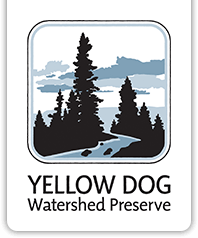
Blog > Proposed State and Federal Legislation Changes
Proposed State and Federal Legislation Changes
Much has been happening in our state and federal governments regarding environmental protection. It is critical that everyone stays abreast to the issues and takes time to voice their concerns to their elected officials. The past month has seen a frenzy of bills passing and being drafted that could reduce the amount of protection our waterways receive. Please take a look at each one and take action.
1. HR 2018- This federal bill is being called the Clean Water Cooperative Federalism Act. While the term clean water is in the title and it sure sounds nice, this bill is being made to change who is granted authority of water quality standards under the Clean Water Act. Currently, federal water quality standards serve as a base for states to either meet or make more stringent. If HR 2018 is passed, the authority would be turned over to each state and they can individually create water quality standards. As many of us know, our state government fluctuates so much that water quality standards could actually get worse if the administration chooses to do so.
2. HR 872- This federal bill has passed the U.S House of Representatives but the bill has been placed on hold in the Senate after it cleared the Senate Agriculture Committee by a voice vote. The bill would exempt pesticide users from having to obtain a new Clean Water Act permit if they spray pesticides over navigable waters.
3. HB 4303- Thisstate bill limits the DEQ from imposing compensatory wetland mitigation in certain roadwork projects. Wetland mitigation is a payment that offsets the environmental impact of projects on wetlands and helps to protect them for future generations. Under this bill, if the road in question already exists or the activity takes place within the road right-of-way, the DEQ would first need the consent of the entity with legal jurisdiction over the road to before it could require compensatory wetland mitigation.
Please take the time the contact your elected officials, both state and federal, about these issues. If you do not know who they are or how to contact them, visit this site: http://www.usa.gov/Contact/Elected.shtml

